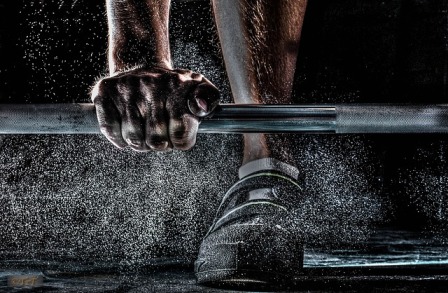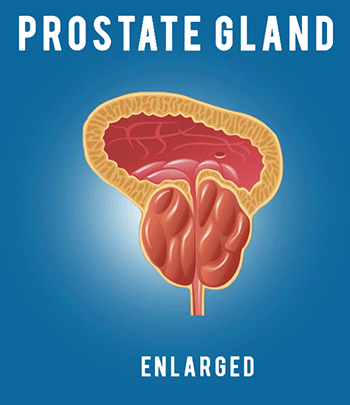How to Recover Muscles from Overtraining
How to Recover Muscles from Overtraining

We all need exercise in order to feel better, work effectively and maintain a healthy body. Exercise is the one of the most important things when we think about healthy lifestyle. Many scientific studies confirmed its benefits on our overall health condition. Even though the lack of physical activities can cause different issues and slowly deteriorate our organism, an extreme exercising can also have some consequences. In fact, there is a tiny line between enthusiasts who often train and someone who organizes himself around training. If we listen to our body, we will recognize the signs of overtraining on time. That is why many professional athletes take care of various body parameters, not only when exercising, but also when taking a rest. In any case, if we feel our heart racing, cannot sleep properly, feeling fatigued, and cannot do the majority of exercises as before, then we should consider our exercising program and recover our muscles from overtraining. The excerpt from the article “6 Ways to Relieve Sore Muscles After Overtraining” gives us some ideas on how to recover properly and relieve our muscles from overtraining consequences.
How to Recover Muscles from Overtraining
1 of 6 Balance Your Training
Some aches and injuries result from unbalanced muscles, says
Metzl, so make sure your workout is full—body and even. For
example, if you want awesome abs, make sure to work your back,
too, to keep your muscle groups in balance.2 of 6 Roll It Out
Metzl is a huge foam—rolling fan (and so are we—check out 8
Moves to Foam Roll Your Entire Body). Foam rolling will speed up
the recovery process and boost your flexibility, allowing you to do
more. He suggests using a hollow roller for 10 to 15 minutes a day.3 of 6 Warm Up and Cool Down Right
Start your workout with a dynamic warm—up and save static
stretching for after your cool dawn. lt’ll help prevent muscle
contractions and may help with soreness, says Metzl.4 of 6 Stay Hydrated
Drinking plenty of water before, during, and after your workout will
help keep your muscles feeling their best. Make sure to read these
4 Tips to Dodge Dehydration this Winter. (Find water and other
nourishing hydration drinks at GNC Live Well.)5 of 6 Keep Moving
When you’re feeling really sore, it’s super tempting to sit on the
couch. But Dr. Metzl says that instead, you should do something
light. “I’m a 7—days—a—week” kind of guy,” he says. “Do something
you like, whether that‘s easy jogging, swimming, a leisurely bike
ride, or yoga.” A little movement will make you feel better, faster.6 of 6 Take Some Meds
lf you’re really feeling sore, it’s fine to take some over—the—counter
anti-inflammatory medicines like ibuprofen, says Dr Metzl,
or a topical pain relief cream. But if you find yourself needing a lot of
them, or needing them more than occasionally, that’s a sign you
may be pushing yourself too hard, he says.
According to fitness experts, if we practice thirty minutes of exercising every day, our body will function optimally. Every other effort to increase this level of exercising, except we are a professional athlete, will lead to overtraining. Many people tend to think that if they double exercise in quantity, they will be twice as healthy. It is similar to thinking that taking a double dose of antibiotics will speed up our recovery. Another problem that can lead to overtraining without even noticing it is our motivation behind exercising. People, who enjoy exercising, usually see it as habit that can improve their health and enhance their lifestyle. But, many other people, who mainly lead a busy life, full of stress and tension, tend to perceive exercising as a way to relieve their tension. Even though, it is true to some degree, using training to vent negative emotions as a sole reason often makes us overdo it. While exercising brings many benefits to our health, our negative emotions need some other way to be acknowledged and released.


